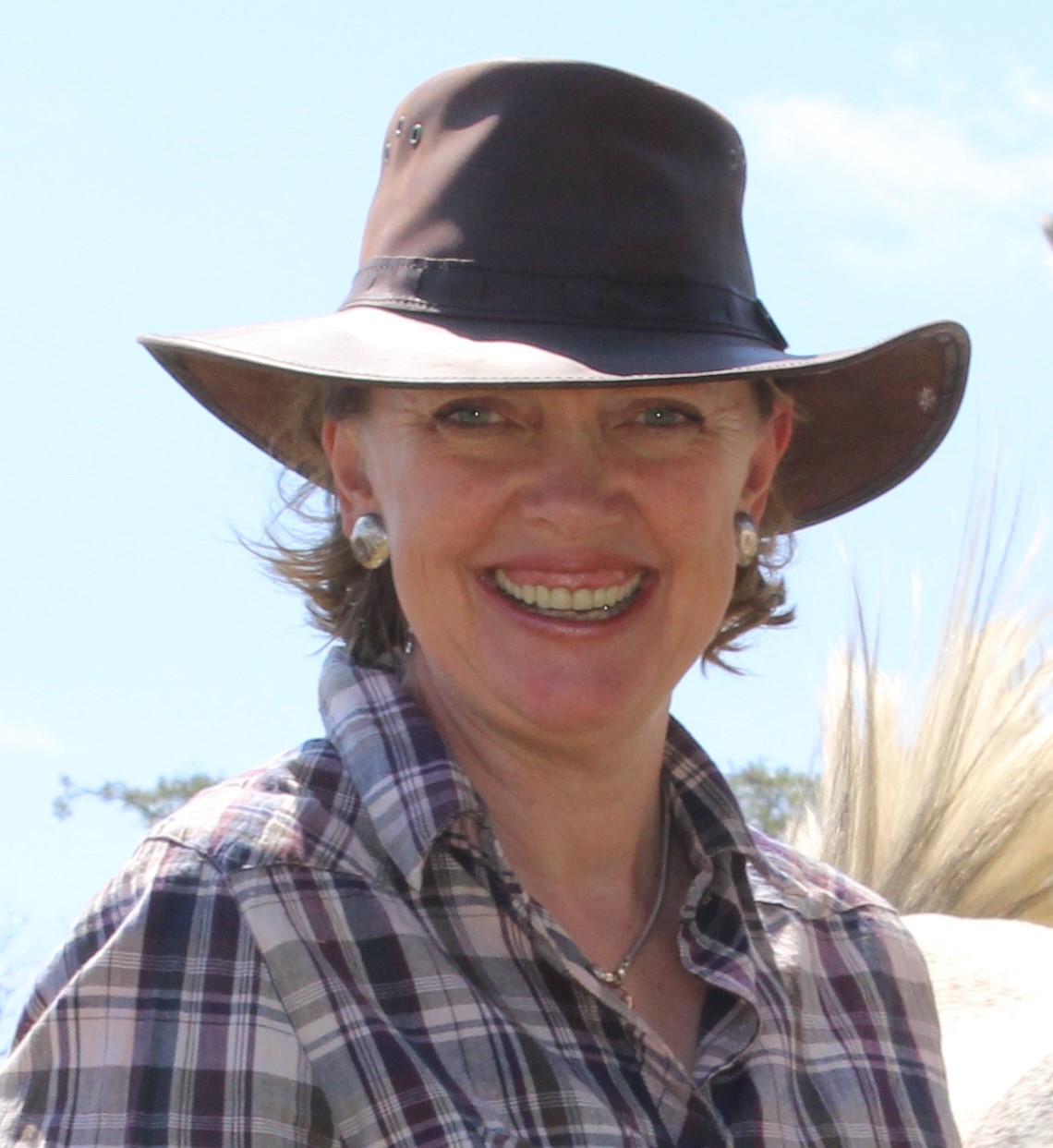At the age of nine, MAKORONGO becomes firm friends with HANS, the son of his dad’s employers. The boys become inseparable, but Hans is partly to blame when Makorongo is dragged into a sisal shredder and damages his hand. In 1942, MAKORONGO falls in love with MERU, the daughter of his Warusha CHIEF. Needing to prove himself a warrior and find money for her bride-price he takes ‘Kingi Georgi’s shilling’ and joins 350,000 men from Africa on the Allied offensive. Meru promises she will wait for him, but Makorongo is captured by the Japanese and sent to quarry stone near Tokyo. He meets an injured American pilot called CHUCK and four East Africans who observe that the cruelty of their guards stems from the fact they are short-staffed. Makorongo spots an eagle, and is inspired to improve the camp by creating a stone garden. An OFFICER of the Third Reich arrives to see this creation. It is Hans, who identifies Makorongo by the old injury to his thumb. On learning that his boyhood friend had driven for the Red Cross, Hans insists on his repatriation but Makorongo refuses to leave without his fellow Africans. His release is only secured after one of them bravely produces evidence that guards had been pillaging Red Cross parcels. When Hans’ Jünker takes off, all five East Africans are on board. They look down to see Makorongo had used rocks to spell out the letters PoW to alert US pilots bombing Tokyo, ultimately saving Chuck and the camp from the destruction caused by Operation Meetinghouse. Makorongo returns to the farm, having received full Army pay whilst he’d been imprisoned, and is able to present the Chief with Meru’s bride-price. She is surprised to meet three Kikuyu men in K.A.R. uniforms at her wedding. Makorongo hadn’t told Hans that three of his fellow captives originated from Kenya, who in his eyes, were enemy agents.
Screenplay Award Sub-Category
Genre
THE MEETING HOUSE
My Submission



